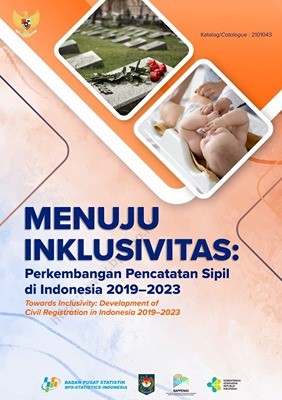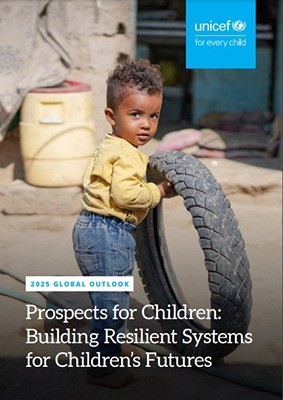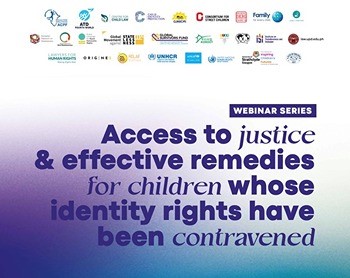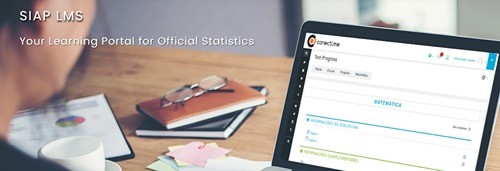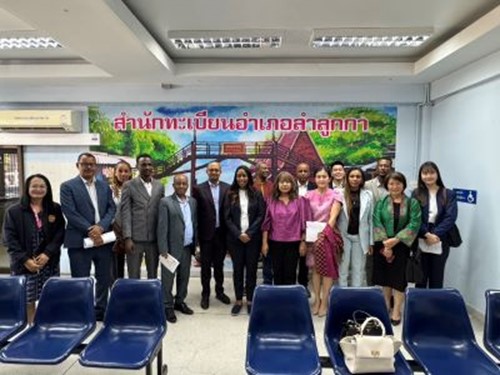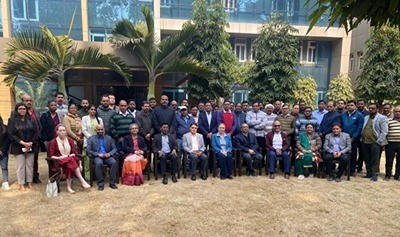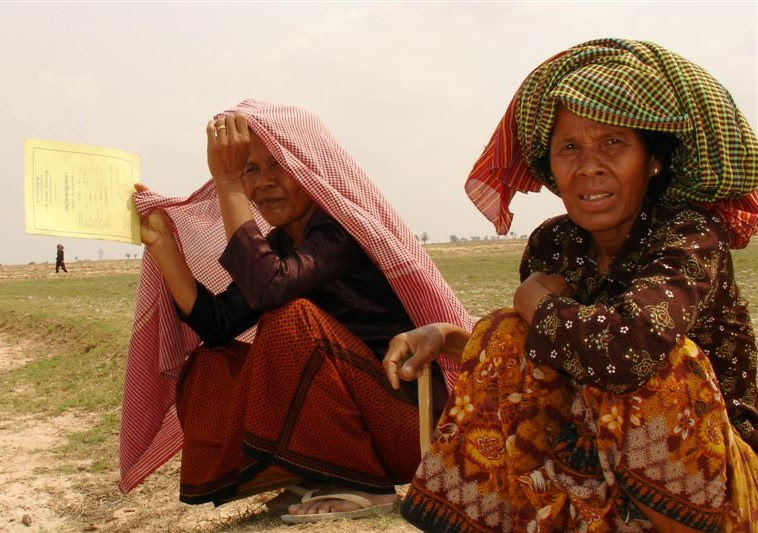(Newsletter: CRVS Insight June 2020)
Unfortunately, the CRVS system of Pakistan does not currently cover the entire population. The Pakistan Demographic and Health Survey (DHS) (2017-18) shows 58% children under age 5 are yet unregistered. A substantial proportion of this unregistered group are also assumed to be marginalized populations, including women or girls, people residing in rural areas, people with disabilities, people belonging to lower socio-economic class, displaced people or migrants, or religious minorities.
In response, ESCAP Statistics Division will work with the Technical Support Unit in the Ministry of Planning, Development and Special Initiatives to draft a gap analysis report detailing the current CRVS registration practices, barriers and enablers, with a focus on unregistered marginalized groups.



